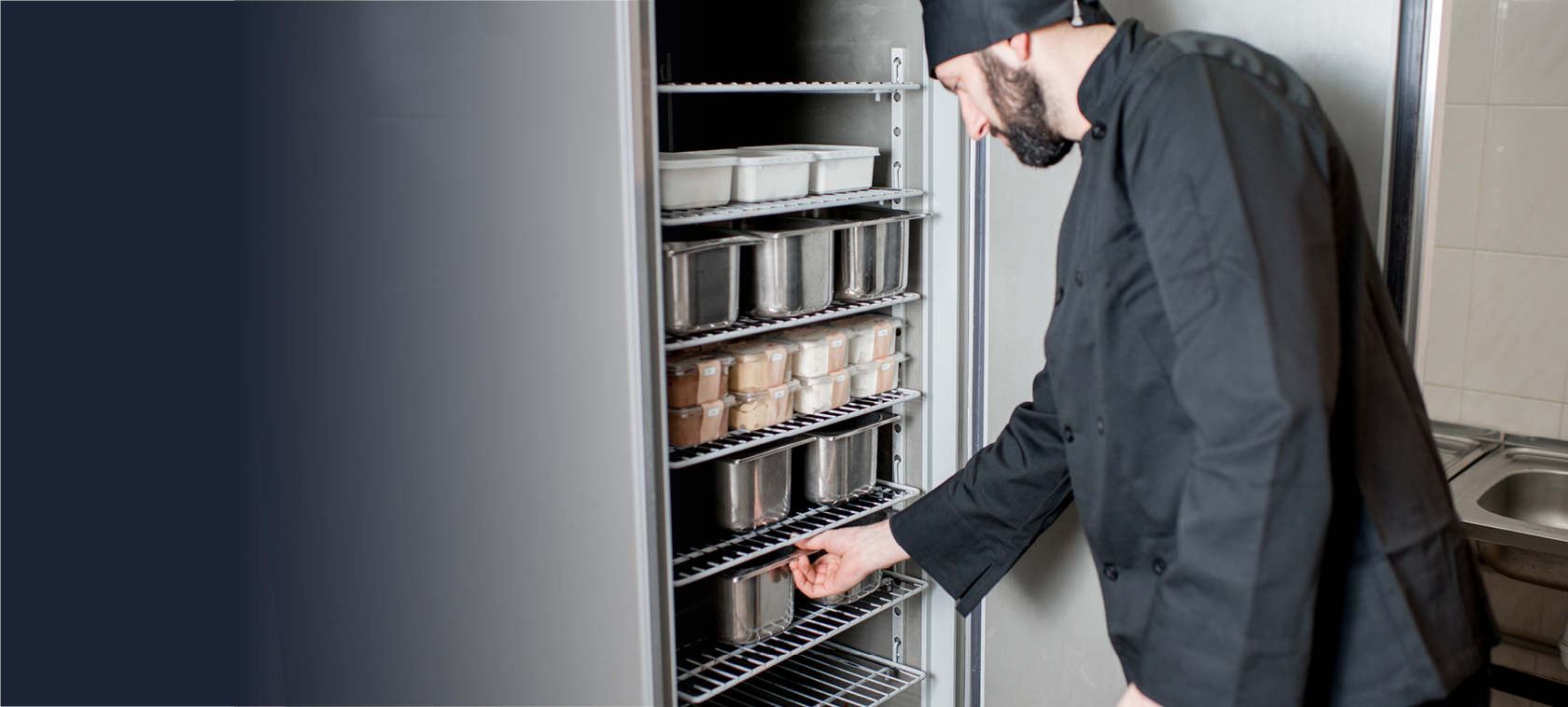We hear from our Strategic Advisor Sterling Crew on the current Listeria crisis and how we can prevent it.
The recent outbreak
A listeria outbreak linked to pre-packed sandwiches consumed in hospitals has killed five people and left four others seriously ill. Health officials have announced that five patients have died after eating chicken sandwiches contaminated with listeria bacteria. Sandwiches and salads from The Good Food Chain connected to the outbreak have been withdrawn and production stopped. The sandwich meat had been supplied by North Country Cooked Meats, and later produced a positive test result for the outbreak strain of listeria. There have been no associated cases identified outside healthcare organisations and any risk to the general public is low.
What is Listeriosis?
Listeriosis is an infectious disease caused by the pathogenic bacteria, Listeria monocytogenes. In healthy people Listeria infection does not usually cause symptoms beyond a high temperature, nausea and gastrointestinal upset. However, it can be extremely dangerous for the very young, older people, pregnant women and anyone whose immune system is compromised. In these instances it can cause acute illness including severe sepsis and meningitis type symptoms, which can have lethal consequences.
Listeriosis is a relatively rare disease. But while the number of cases is relatively small compared to other food-borne pathogens, the high hospitalisation and mortality rates associated with the infection make it a significant public health problem. In 2017 there were 33 deaths linked to listeriosis in England and Wales. On average there are 166 cases of listeriosis in England each year, while 48 people have died since 2013.
The listeria challenge
L. monocytogenesis quite hardy and robust by comparison to other bacterial species. It has been widely recognised as a very important hazard in the food industry for more than 30 years. Its ability to grow at temperatures below 0°C permits multiplication at typical refrigeration temperatures. It also survives deep freezing at -18°C. L. monocytogenes is widely distributed in the natural environment. It is found in soil, water, vegetation and in the faeces of some animals. It can be spread throughout a food site by personnel, or as a result of inadequately controlled food flows, poor process design, contaminated surfaces, poorly managed equipment, condensate and aerosols. It forms highly resistant biofilms on food contact and non-food contact environmental surfaces. It can persist despite aggressive cleaning and sanitisation and endure for months or even years in some factories and kitchens. Listeria can harbour in cracks and crevices and in particular in drains.
Reducing the risk of listeria
To reduce the risk of listeria when preparing food it is important to follow good hygiene practice:
- Keep raw and ready-to-eat foods separate to avoid cross contamination
- It is important to cook foods to an equivalent of 70°C for two minutes
- Ensure that chilled ready-to-eat foods are kept cold, at or below 5 °C, and are eaten within two hours of being taken out of the fridge
- Always use foods by their use-by date and follow the storage instructions
- Thoroughly wash vegetables and fruit
Research in the European Union indicates that one third of listeriosis cases in the EU are due to:
- Growth of L. monocytogenes in the consumer phase of a product’s life, including from cross-contamination by unpackaged foods in the refrigerator,
- Inadequate storage temperatures,
- Not following use-by dates, cooking or reheating instructions.
The new technology of Whole Genome Sequencing (WGS) enables genetic fingerprinting of an organism by determining the complete DNA sequence. The use of WGS has proved a key epidemiological diagnostic tool linking organisms which are responsible for food poisoning outbreaks to their sources.
Time to take action
With fines on the rise and 3 in 5 consumers scrutinising your FHRS score and standards we know we don’t need to remind you about the importance of Food Safety compliance, but we can help you manage it. With strategic services and operational software solutions to suit businesses of all sizes. Contact us today to find out more.



